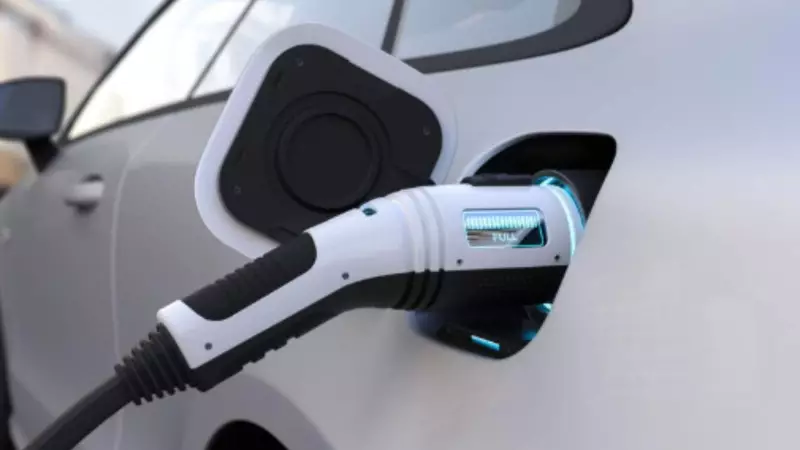
Indian electric vehicle manufacturers are racing to develop indigenous technologies that eliminate dependence on rare earth elements, responding strategically to China's tightening export controls on these critical minerals. Two Bengaluru-based companies have emerged as pioneers in this space, creating innovative motor technologies that either minimize or completely eliminate the need for heavy rare earth elements currently restricted by Beijing.
Simple Energy's Rapid Market Response
Simple Energy has taken an early lead in this technological race, successfully homologating its heavy rare earth-free motor in July 2025, just two months after China imposed export restrictions on select rare earth materials in April. The company claims its in-house developed motor is completely free of seven heavy rare earth elements that Beijing restricted earlier this year.
The company achieved this breakthrough by replacing heavy rare-earth magnets with optimized compounds and coupling them with proprietary algorithms. According to Shresth Mishra, co-founder of Simple Energy, their patented technology enables the magnetization of substitute materials including iron, neodymium, boron, praseodymium and holmium through extensive testing and formulation.
Simple Energy's reengineered motors have already demonstrated commercial success, with the company reporting record sales of 1,050 units in October 2025, representing a massive 215% year-on-year increase. The company has expanded its retail presence to approximately 250 stores across India, indicating strong market acceptance of their new technology.
Chara Technologies' Magnet-Free Approach
Meanwhile, Chara Technologies has adopted a fundamentally different approach by developing synchronous reluctance motors (SynRM) that don't use magnets at all. While SynRM motors are common in industrial applications, their use in electric vehicles has been limited due to challenges in matching the compactness and efficiency of magnet-based motors.
Bhaktha Keshavachar, co-founder and CEO of Chara Technologies, explained that their motors have been specifically engineered for EV applications over six years of development. Unlike industrial SynRM motors that typically run at low and constant speeds, Chara's motors operate across variable speeds from zero to maximum, meeting the demanding requirements of electric vehicles.
The company acknowledges that their magnet-free motors are about 16% larger than conventional rare-earth-based motors, translating to an additional 1.5 kg in two-wheelers and 3 kg in three-wheelers. However, they deliver similar torque and power performance. Chara currently supplies its motors to agricultural and industrial equipment sectors and expects EV deployment to begin by the end of the next quarter.
Strategic Significance for India's EV Industry
These indigenous developments come at a critical juncture when China, which controls over 90% of global rare earth processing, has been weaponizing its export regulations as part of ongoing trade tensions. In April 2025, China restricted seven rare earth elements: samarium, gadolinium, terbium, dysprosium, lutetium, scandium, and yttrium. This was followed by restrictions on five additional elements in October: holmium, erbium, thulium, europium, and ytterbium.
According to Ministry of Mines data, India imported 2,270 tonnes of rare earth elements in 2023-24, representing a 23% increase from 1,848 tonnes in 2019-20. Alarmingly, 65% of these imports originated from China, highlighting the vulnerability of India's EV supply chain to geopolitical tensions.
The success of these indigenous technologies has broader implications for India's electric mobility ambitions. Several other Indian EV manufacturers, including Ola Electric and TVS Motor, are also working on rare earth-free technologies. In October, Ola Electric announced that its ferrite motor had received government approval, indicating a industry-wide shift toward import-independent solutions.
While China recently eased some restrictions on critical mineral exports to the United States, the long-term reliability of these supply chains remains uncertain. The developments by Simple Energy and Chara Technologies represent significant steps toward achieving technological sovereignty in India's rapidly growing electric vehicle sector.






